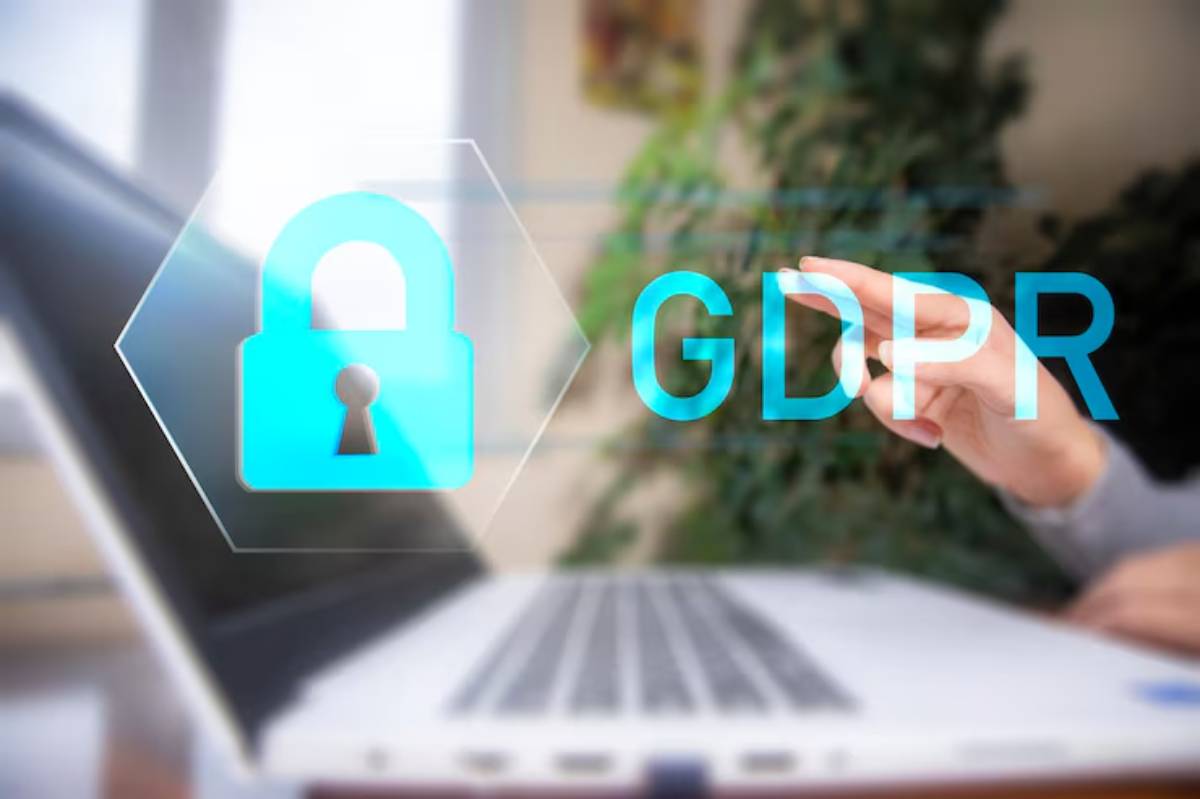
Navigating GDPR: What E-commerce Businesses Need to Know
Imagine this: you’ve built a thriving e-commerce business. Orders are pouring in, your marketing is on fire, and customer trust is growing steadily. Then, out of nowhere, a hefty GDPR fine lands in your inbox. Suddenly, you’re not just worrying about cart abandonment but legal battles too.
Data protection isn’t just a buzzword; it’s a necessity. If your e-commerce platform processes data from EU citizens, GDPR compliance is essential. In this guide, we’ll explain GDPR. We’ll cover why it’s important for your online store. You’ll also learn how to handle its challenges without losing your mind or your customers’ trust.
Ready to feel confident about GDPR? Let’s dive in.
What is GDPR and Why Should E-commerce Businesses Care?
A Quick Refresher on GDPR
The General Data Protection Regulation (GDPR) came into effect on 25 May 2018. It unifies data protection laws in all EU countries. This protects personal data and changes how organizations manage privacy.
Primary goals of GDPR:
- Give individuals more control over their personal data
- Simplify regulatory environments for international business
- Ensure businesses are transparent about data handling
Why E-commerce is Squarely in GDPR’s Crosshairs
As an e-commerce business, you handle personal data daily. This includes names, addresses, payment info, and browsing habits. GDPR affects:
- Small indie shops
- Massive multinational online retailers
- Dropshipping businesses
- Subscription services
If you serve even one EU citizen, you’re legally obliged to comply with GDPR.
Penalties for non-compliance:
- Fines of up to €20 million or 4% of annual global turnover (whichever is higher)
- Reputational damage that can be much harder to recover from
Scary? Maybe. Manageable? Absolutely — with the right strategies.
Core Principles of GDPR: What You Must Understand
Understanding the core principles of GDPR is the first step towards compliance. Here’s a snapshot:
1. Lawfulness, Fairness, and Transparency
You must be upfront with users about what data you’re collecting and why.
2. Purpose Limitation
Only collect data for specific, legitimate purposes.
3. Data Minimisation
Don’t collect more data than necessary.
4. Accuracy
Keep personal data accurate and up-to-date.
5. Storage Limitation
Don’t store data longer than necessary.
6. Integrity and Confidentiality
Ensure security measures are in place to protect data.
7. Accountability
You’re responsible for demonstrating compliance.
Practical Steps to Achieve GDPR Compliance
Knowing the principles is great, but how do you translate them into action?
Update Your Privacy Policy
Your privacy policy must be:
- Easy to understand (no complicated legal jargon)
- Comprehensive, explaining what data you collect, why, and how it’s used
- Accessible before users share any data
Tip: Split the policy into sections. Use headings and bullet points to make it easier to read.
Obtain Explicit Consent
Consent must be:
- Freely given
- Specific
- Informed
- Unambiguous
Practical example: Let users choose to subscribe instead of checking the newsletter box.
Implement Data Access and Portability Options

Under GDPR, customers have the right to:
- Access their data
- Correct inaccuracies
- Request deletion (the ‘right to be forgotten’)
- Move their data to another service
Action step: Set up a simple way for customers to send requests. Consider using a special email address or a form.
Secure Data Properly
- Use SSL encryption on your website.
- Regularly update your software.
- Implement strong password policies for admin access.
- Conduct regular security audits.
Appoint a Data Protection Officer (DPO)
If you handle extensive data processing, you must appoint a DPO.
Note: For smaller shops, it’s still a good idea to have a data protection lead.
Conduct a Data Protection Impact Assessment (DPIA)
A DPIA helps spot and reduce risks when starting new projects with sensitive data.
Pro Tip: Document everything. Regulators love a good paper trail!
Common GDPR Pitfalls in E-commerce (and How to Avoid Them)
Knowing where others stumble can save you massive headaches.
1. Over-collection of Data
Example: Asking for a customer’s date of birth when it’s unnecessary for a shoe purchase.
Solution: Stick to essentials only.
2. Poor Cookie Consent Practices
Those cookie banners need to:
- Clearly explain cookie use
- Allow users to easily accept or reject non-essential cookies
Mistake to avoid: Automatically setting non-essential cookies before consent.
3. Ignoring Third-Party Compliance
When you share data with payment processors, CRM systems, or marketing platforms, they also need to follow GDPR rules.
Checklist:
- Sign Data Processing Agreements (DPAs) with all third parties
- Regularly review third-party privacy practices
4. Neglecting Children’s Data
Special rules apply to data for individuals under 16 or younger, depending on the country.
Action: Implement age verification measures if necessary.
Real-World Example: How GDPR Compliance Saved an E-commerce Business
Take “GreenEarth Essentials,” a mid-sized eco-friendly goods store. Before GDPR took effect, they reviewed their entire data handling process. They changed their privacy policy. They retrained staff and made data collection forms easier to use. Also, they only partnered with service providers that follow GDPR rules.
In 2022, a complaint was filed against them for a data handling error. Regulators found no wrongdoing due to their clear GDPR practices and quick responses. In fact, their commitment to transparency even boosted customer loyalty!
Lesson: Being proactive about GDPR prevents fines and builds trust. It also fosters long-term loyalty.
Key Tools and Resources to Help You Stay Compliant

- Cookiebot: Helps manage cookie consent correctly
- Gdpr.eu: Comprehensive guides and updates
- ICO (Information Commissioner’s Office): UK’s official data protection authority
- OneTrust & TrustArc: Platforms offering GDPR compliance tools
- GDPR checklist apps: Useful for ongoing self-audits
Conclusion: What E-commerce Businesses Need to Know
Navigating GDPR for your e-commerce business can seem tough at first. But with the right approach, it becomes a smart business practice. Remember: it’s about respecting your customers’ data, being transparent, and operating responsibly.
Following these steps helps you protect your business from big fines. You’ll also build better relationships with your customers. In today’s world, trust is crucial. So, GDPR compliance is more than a legal requirement; it’s also a competitive edge.
Now it’s your turn:
- Audit your current data practices
- Make necessary changes today
- Engage your customers with transparency
And if you found this guide helpful, share it with fellow entrepreneurs. Let’s make data protection a priority, together.


